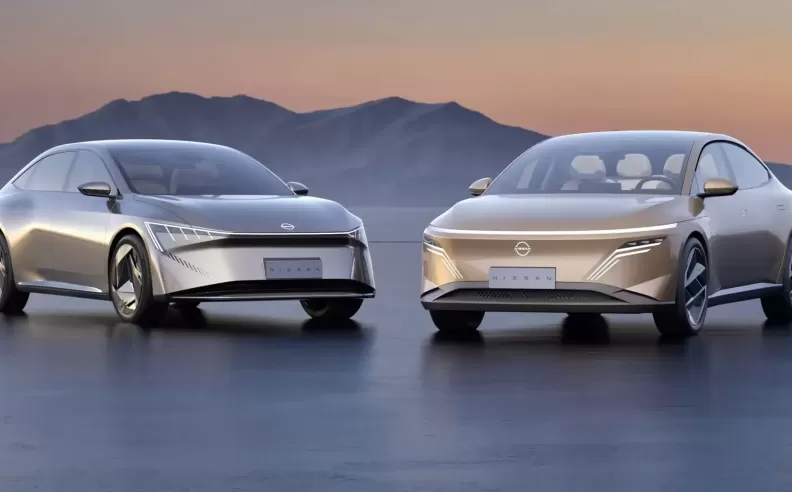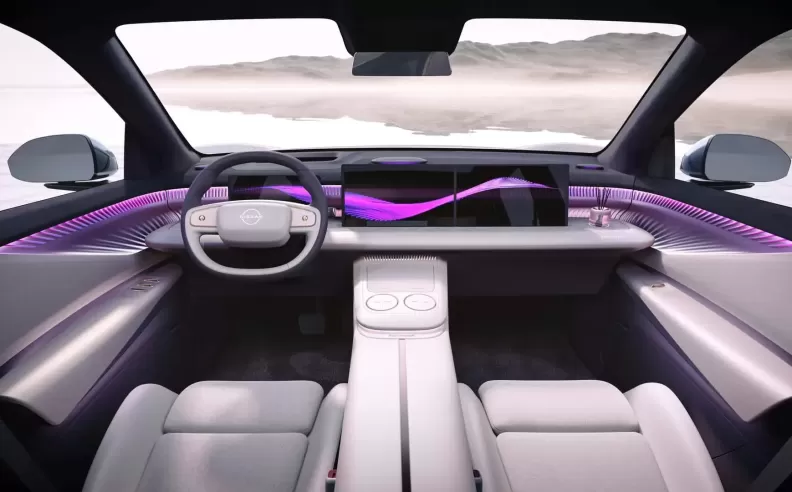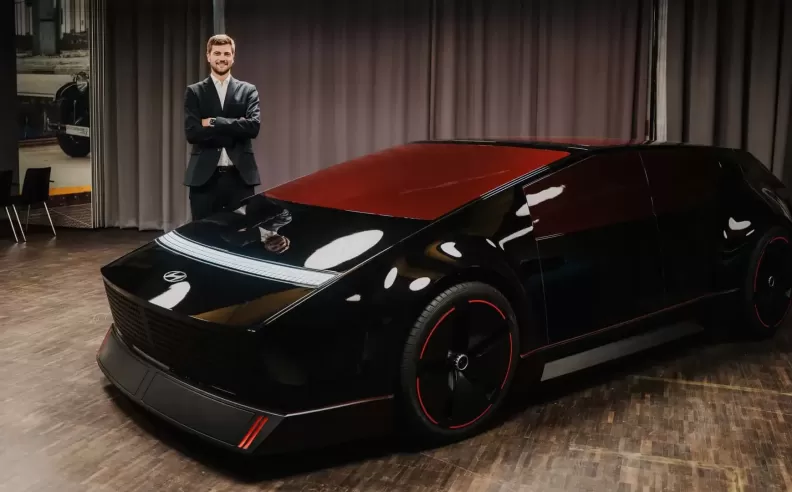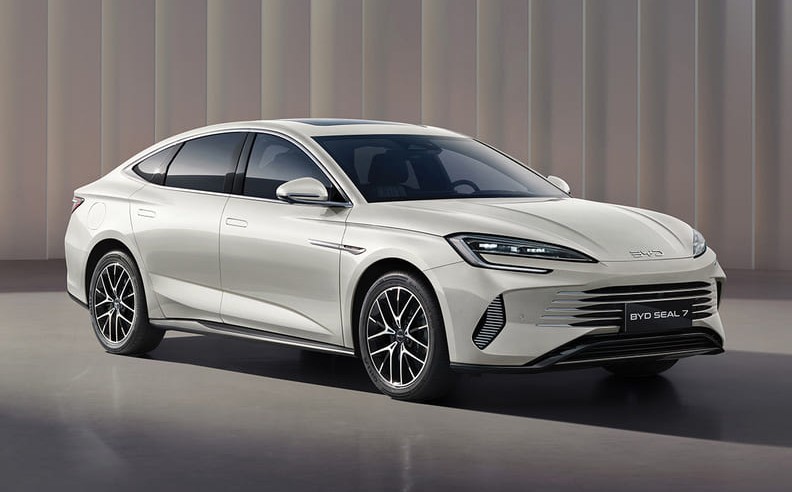
In the bustling automotive world, where SUVs and crossovers seem to dominate every conversation, Nissan has made a bold move at Auto China 2024 in Beijing by unveiling two captivating sedans: the Epoch and the Evo. Amidst the sea of high-riding vehicles, these sedans are a refreshing reminder that the classic sedan still holds its ground and remains a crucial segment in the market.
Nissan's decision to introduce these sedans, developed in collaboration with Dongfeng Motor, comes at an intriguing time when many automakers are shifting their focus primarily to SUVs. The Epoch, a fully electric sedan, and the Evo, a plug-in hybrid, stand out not only for their technology but also for their commitment to sedan design and functionality.
During the unveiling, Nissan CEO Makoto Uchida emphasized that these sedans, initially showcased as concepts, are well on their way to production. Uchida stated confidently that they are "very close to reality," with development already underway. The Epoch is slated to hit the market within a year, promising consumers a cutting-edge electric sedan option, while the Evo will follow shortly after.
A notable aspect of the Evo is its striking design, featuring a sleek roofline and a contemporary rear end that exudes sophistication. Nissan's approach with the Evo's interior is equally bold, adopting a minimalist aesthetic reminiscent of Tesla, albeit with a distinctively large central display incorporating all controls. Unlike some competitors, Nissan has retained a digital instrument cluster, providing a slightly larger-than-usual visual experience for drivers.

Despite its moniker evoking memories of high-performance vehicles, the Evo is positioned as a versatile family sedan, ideal for weekend adventures and cherished family moments, according to Nissan. This strategic positioning suggests that Nissan is keen on challenging the notion that sedans are solely practical vehicles, aiming to redefine their role in the modern automotive landscape.
In a market saturated with SUVs, Nissan's decision to introduce these sedans underscores a significant opportunity. While SUVs undoubtedly offer versatility and utility, the appeal of sedans like the Epoch and Evo lies in their unique blend of comfort, efficiency, and practicality, tailored for urban environments and family-oriented lifestyles.
The timing of Nissan's sedan introduction is particularly interesting given the context of the Auto China 2024 show, where competitors are showcasing their latest SUV offerings. Notably, Nissan has also displayed electric and plug-in hybrid SUVs, aligning with the broader industry trend towards electrification and sustainable mobility.
Looking ahead, Nissan's commitment to sedans like the Epoch and Evo signals a promising shift in automotive diversity, challenging the prevailing SUV narrative and affirming the enduring relevance of sedans in the evolving automotive landscape. As consumers seek more sustainable and technologically advanced options, Nissan's foray into sedans reaffirms that innovation and differentiation are alive and well in the realm of traditional car design.
Despite its moniker evoking memories of high-performance vehicles, the Evo is positioned as a versatile family sedan, ideal for weekend adventures and cherished family moments, according to Nissan. This strategic positioning suggests that Nissan is keen on challenging the notion that sedans are solely practical vehicles, aiming to redefine their role in the modern automotive landscape.
In a market saturated with SUVs, Nissan's decision to introduce these sedans underscores a significant opportunity. While SUVs undoubtedly offer versatility and utility, the appeal of sedans like the Epoch and Evo lies in their unique blend of comfort, efficiency, and practicality, tailored for urban environments and family-oriented lifestyles.
The timing of Nissan's sedan introduction is particularly interesting given the context of the Auto China 2024 show, where competitors are showcasing their latest SUV offerings. Notably, Nissan has also displayed electric and plug-in hybrid SUVs, aligning with the broader industry trend towards electrification and sustainable mobility.
Looking ahead, Nissan's commitment to sedans like the Epoch and Evo signals a promising shift in automotive diversity, challenging the prevailing SUV narrative and affirming the enduring relevance of sedans in the evolving automotive landscape. As consumers seek more sustainable and technologically advanced options, Nissan's foray into sedans reaffirms that innovation and differentiation are alive and well in the realm of traditional car design.

Wael is an automotive content writer specializes in creating written content for Motor 283. Producing a wide range of content, including blog posts, articles, product descriptions, reviews, and technical guides related to cars, trucks, motorcycles, and other vehicles, with an unprecedented passion for cars, and motorcycles.

